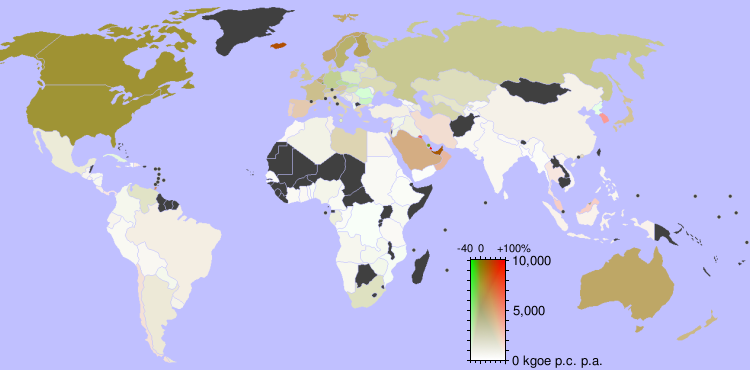A market-beating fund manager argues that higher rates may be adding to inflation instead of cutting it
- Higher interest rates may be fueling inflation instead of slowing it
- Consumers and companies with low fixed-rate debts are not significantly affected by rate hikes
- Raising interest rates actually puts more money in the pockets of consumers and companies
- Skyrocketing mortgage rates have led to a shortage of homes for sale, keeping prices high
- Higher rates may be more inflationary in the medium term
- Poorer consumers are disproportionately affected by restricted housing supply and short-term borrowing rates
According to a market-beating fund manager, the Federal Reserve’s rate hikes may be fueling inflation instead of slowing it down. The argument is that higher interest rates are not hurting consumers and companies as much as the Fed believes, as many have already locked in low long-term rates. In fact, raising short-term rates actually puts more money in their pockets. Additionally, skyrocketing mortgage rates have led to a shortage of homes for sale, keeping prices high. This, combined with the fact that housing costs make up a significant portion of inflation calculations, suggests that higher rates may be more inflationary in the medium term. However, while higher rates may not significantly impact consumers overall, poorer consumers are disproportionately affected by restricted housing supply and short-term borrowing rates. This argument challenges the conventional wisdom and raises questions about the effectiveness of the Fed’s rate hikes in controlling inflation.
Public Companies:
Private Companies: undefined
Key People: Travis Cocke (Chief Investment Officer)
Factuality Level: 7
Justification: The article presents an argument made by the chief investment officer of Voss Capital, a fund company, regarding the impact of the Federal Reserve’s interest rate hikes on inflation. The argument is counterintuitive but not crazy, and the article provides some evidence and reasoning to support it. However, it is important to note that this is just one perspective and there may be other factors at play in the economy. Overall, the article provides some analysis and presents a different viewpoint, but it should be taken with a grain of salt and further research is needed to fully evaluate its accuracy.
Noise Level: 7
Justification: The article provides some analysis of the potential impact of the Fed’s interest rate hikes on inflation, but it lacks evidence and data to support its claims. It also goes off-topic by discussing the performance of Voss Capital’s hedge fund. Overall, the article contains some relevant information but lacks scientific rigor and actionable insights.
Financial Relevance: Yes
Financial Markets Impacted: The article discusses the impact of the Federal Reserve’s interest rate hikes on inflation and the housing market. It also mentions the potential effects on consumer balance sheets and the resiliency of the economy.
Presence of Extreme Event: No
Nature of Extreme Event: No
Impact Rating of the Extreme Event: No
Justification: The article primarily focuses on the financial implications of the Federal Reserve’s actions and the housing market, without mentioning any extreme events or their impact.
 www.marketwatch.com
www.marketwatch.com 




